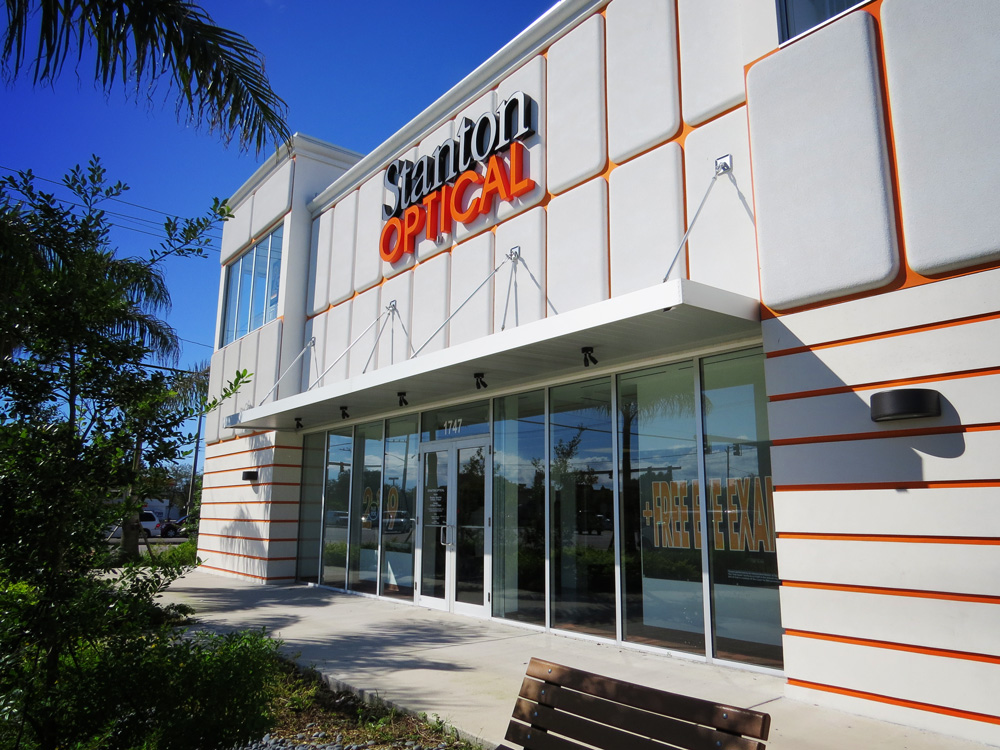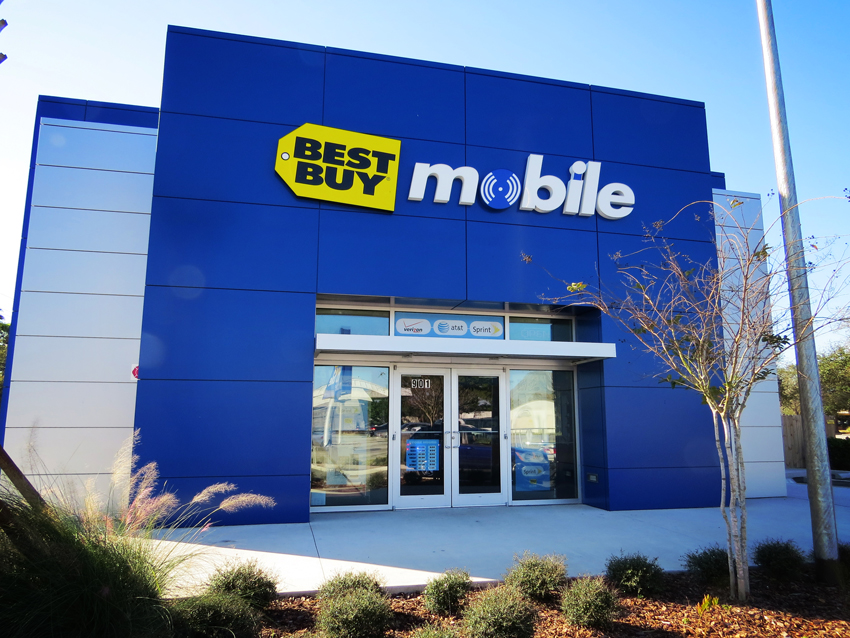Understanding Florida Product Approval Requirements For Pre-Fab Canopies

Building canopies need to withstand extreme weather, just like a variety of other products and materials, including Mapes infill panels.
In a state like Florida that experiences extreme weather and hurricanes, the state building department requires that certain products receive specific Florida Product Approval (FPA). These products must be evaluated and tested to certify that they meet or exceed the design requirements.
However, when it comes to prefabricated canopies, they are not required to have FPA — but this doesn’t mean they aren’t designed and built to endure harsh elements. They just go through a different approval process that still ensures the canopy solutions meet local guidelines.
Understanding Florida Product Approval Compliance
To understand why canopies don’t need Florida Product Approval, it’s important to first understand what Florida Product Approval is and what it means.
Florida Product Approval is a set of standards put in place to ensure that building products used in modern buildings meet rigorous safety and performance standards. The products subject to this process are:
- Exterior Doors
- Windows
- Panel Walls
- Roofing Products
- Shutters
- Skylights
- Structural Components
- System for Impact Protection
The benefits of having Florida Product Approval include a competitive edge in the marketplace and the perception of safety based on third-party independent testing.
In areas with high-impact weather events, having Florida Product Approval signifies that the building is built to withstand the region’s extreme weather.
Overview of Florida Product Approval Standards
Florida Product Approval is only given after building materials go through testing to ensure durability and impact resistance. Third-party testing approval to confirm Florida Product Approval compliance can take months because of the multiple rounds of testing that products go through.
To receive Florida Product Approval, products must go through:
- Independent Third-Party Testing: An independent third-party lab must do testing for Florida Product Approval to ensure that the test results are accurate and unbiased. Even if a company has an in-house engineer whose job is quality assurance, the products must be tested by a third party.
- Engineering Review: Following third-party product testing, a Florida-licensed engineer must test reports to ensure they meet Florida’s specific durability and impact-resistance standards.
- Approval and Maintenance: After the product has undergone lab testing and an engineering review, it must be re-tested at regular intervals to ensure that the material retains impact resistance and quality standards. Retesting must be done every three years.
While this process works well for other building materials like panels, it’s not required for building canopies.
Importance of Compliance in the Canopy Industry
The Florida Product certification process was designed for products that don’t change in size or makeup — not for products like aluminum canopies that are unique to every building and come in several variations.
Pre-fab canopies are not required to have Florida Product Approval because they do not fall under one of the required categories. For example, because infill panels are integrated into a curtain wall or storefront system, they fall under the Panel Wall category, requiring testing and approval. Because pre-fab canopies do not belong to any category, they are exempt.
Products that are outside of the rule can be engineered by a licensed and registered Florida architect or engineer for the specific project and use.
Mapes Canopies’ Approach to Compliance

All Mapes canopies are custom-designed for each project and fabricated per the specific dimensions of the job. There is no universally approved canopy product because each job is different, and Mapes manufactures canopies in various sizes and profiles.
While FPA is important for several other construction materials, high-quality canopies like those from Mapes go through a different process to receive approval, making them an ideal solution for Florida building exteriors without Florida Product Approval.
A licensed Florida engineer will wet stamp Mapes’ job-specific shop drawings and provide a full set of calculations that include canopy loads and point reaction loads that the canopy will impose on the wall of the building.
This ensures that the materials and complete canopy system Mapes provides will meet (or exceed) any local requirements.
Unique Solutions by Mapes Canopies
Mapes understands that architects need high-quality products that can be custom-finished to fit their signature style, brand requirements or a regional aesthetic that meets local design requirements.
Mapes canopies are finished with a 2-coat PVDF finish that is the highest quality architectural finish in the industry and carries a standard 10-year finish warranty.
To construct each canopy, Mapes uses materials that are factory-prepped in a hot chemical bath to remove manufacturing residue and extrusion oils that can hurt finish quality if not handled properly. Then, they are finished in a professional facility to ensure a flawless end result.
When it comes to the strength of the canopies, Mapes’ products use high-quality aluminum that is often thicker than many of our competitors. Mapes canopies are designed with either roll-formed aluminum decking that is .040 inches thick or with extruded aluminum decking that is .078 inches thick. In addition, our fascia is .125 inches thick.
All Mapes products are engineered by a third-party independent designer licensed in all 50 states so that their review is unbiased.
Compliance Processes and Procedures
Mapes canopies are built to the highest standards, especially when it comes to the attachment method.
Competitors often use lag bolts to connect the canopy to the building, but lag bolts can loosen over time. Mapes’ primary and preferred connection is a through bolt with a nut and washer on the back side for enhanced security.
Additionally, Mapes canopies use appropriate hardware, I-beam, hanger rod and cantilever tube attachments to make sure the canopies are secure and will withstand extreme conditions.
Mapes components are thoughtfully engineered to work together as a whole and create a cohesively designed canopy.
Quality Canopies for Every Project

Mapes canopies are engineered to be the top-performing canopies on the market, and they don’t need a certification to be recognized as the highest-quality solution in the canopy industry.
Mapes’ commitment to innovation, embracing new production processes and expanding options for customization means that Mapes can bring whatever you design to life. You can trust Mapes’ canopies to stand up to extreme conditions while maintaining its beauty over time.
Explore our canopies or contact us today to learn more about our durable and versatile line of products.
Back to All
